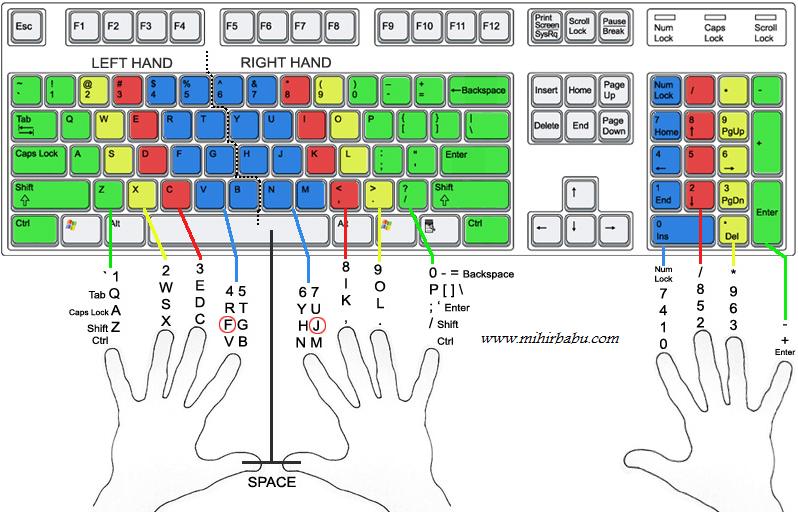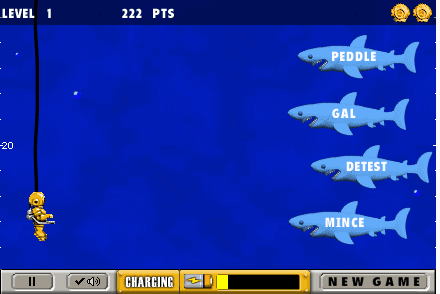


Actual or potential applications of this research include research in training, choice behavior, and human-computer interaction. In addition, the experimental manipulation facilitated the acquisition and maintenance of the touch-typing skill. The results showed that under a modified reinforcement condition, the effect of melioration on touch-typing scores in the posttraining phase decreased. In an experiment that evaluated this solution, 22 students were given a touch-typing training course followed by a period in which they had to type their own homework. This approach is implemented by using a secondary task that requires typists to respond to signals appearing on the screen. The present research describes a training approach that changes the reinforcement structure by increasing the attractiveness of looking at the screen while typing. One such strategy is visually guided typing, in which the performer looks at the keys to locate their position. In the context of typing, melioration implies an intuitive tendency to choose typing strategies that lead to a better immediate performance level than that obtained by touchtyping. It is postulated that an important contributor to this problem is melioration-that is, maximizing local rates of reinforcement. Previous research shows that success in touch-typing training does not ensure its continuation into everyday use. Findings suggest that even after several years of experience engagement in an everyday activity can serve as an opportunity for further skill improvement if individuals are willing to push themselves. In line with deliberate practice theory, the highest level of performance was reported among participants who had attended a typing class in the past and who reported to adopt the goal of typing quickly during everyday typing. A perceptual speed test (digit-symbol substitution) and a measure of motor abilities (tapping) were not significantly related to performance. In line with traditional theories of skill acquisition, experience (amount of typing since introduction to the keyboard) was related to typing performance. Sixty university students with several years typing experience participated in laboratory sessions that involved the assessment of abilities, a semistructured interview on typing experience as well as various typing tasks. We apply deliberate practice theory to intermediate-level performance in typing, an activity that many people pursue on a regular basis. The concept of deliberate practice was introduced to explain exceptional performance in domains such as music and chess. This is because of the lack of duration of typing lessons in the curriculum and frequency of students for practicing at school or home that caused students do not master function fingers on the keyboard. The accuracy of typing is too low, despite their interest is high enough to brace the ability to type with 10 fingers using blind system. The results of the study showed that the overall speed of typing of the first grade students from Office Administration Department of SMK N 2 and SMK 3 of Padang is in the low category. The data in this study were analyzed through the stages of data reduction, data presentation, and drawing conclusions. Then, the research is described with the help of observation, interviews, and documentation.

This research is a descriptive study using survey methods to describe the typing skill of students of Office Administration Department in SMK N of Padang, namely SMK N 2 and SMK 3 of Padang which included speed, accuracy, and the appropriate attitude while typing. The purpose of this study was to analyze: (1) The ability of students from Office Administration Department of Business and Management SMK N in Padang to type using 10 fingers and blind system, (2) The obstacles faced by students from Office Administration Department of Business and Management SMK N in Padang in typing using 10 fingers and blind system, and (3) The readiness of Office Administration's students of Business and Management SMK N of Padang in Working World.


 0 kommentar(er)
0 kommentar(er)
